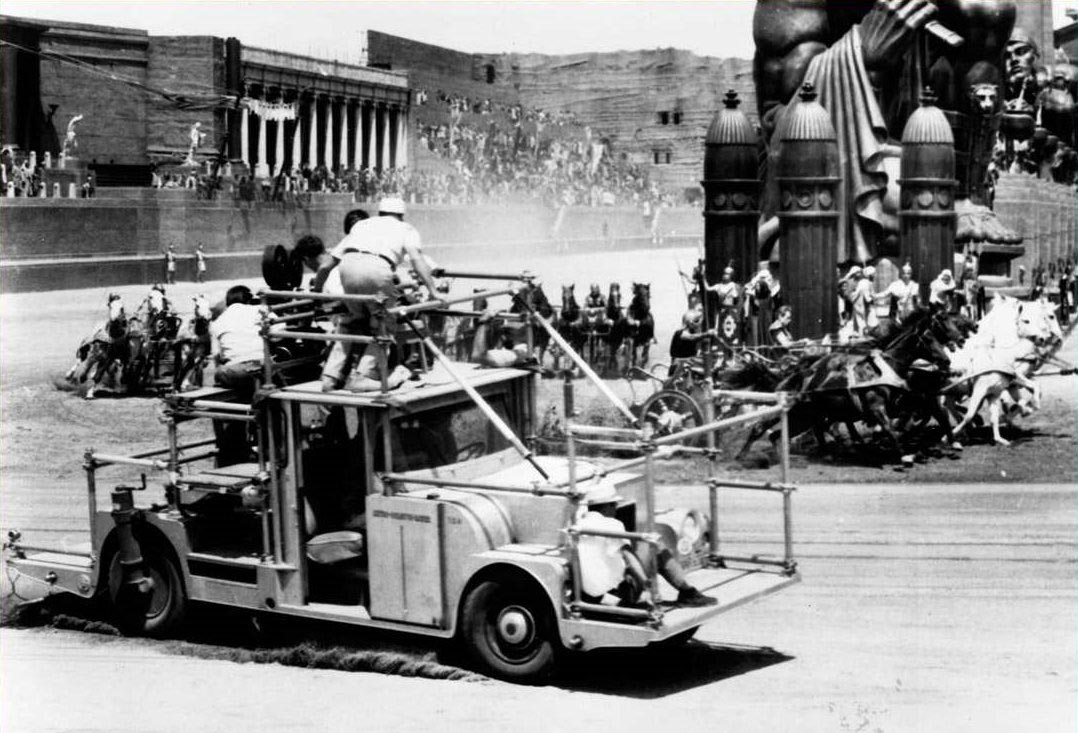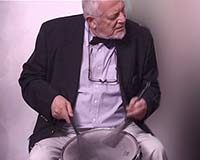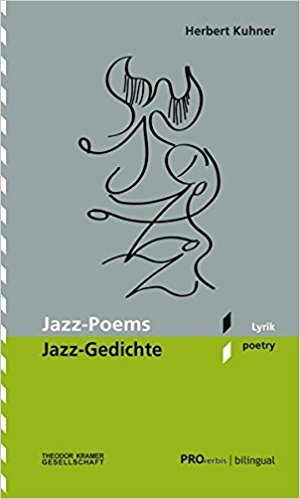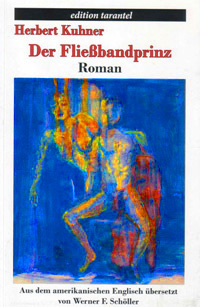Too Much Cotton
Orson Weles reaped great praise for Touch of Evil, a sloppy job compared with Kane, but nevertheless with moments of greatness like all post-Kane films. A corpulent Welles plays a, dishevelled cop, but he felt needed a bit of padding for the jowls, so cotton was the answer. The padding is too much of a bad thing. Guess the Kane make-up man was not available.

Touch-of-Evil
Ditto for Brando’s elderly Mafioso in Godfather. His comeback got him an Oscar but you know that the cotton is there, and knowing it as well as having it, makes chills run up and down your spine. It must have affected the acting in one way or another. Guess the Oscar jury ignored it.
Master-actor Larry Olivier would have said: “Why don’t you try acting, dear boy?!”
And he might have added: “Fire the makeup man!”
Christian Dies before His Time
One-eyed Jacks is the only directorial effort by Marlon Brando, a vengeance western, in which Karl Malden plays the turncoat pal that Brando has to hunt down. Plebeian is the word that best describes this cliché-ridden formula film. Jack can be classified as “entertainment.”
But while the entertainment is delivered you can sort of enjoy it with more than a bit of squirming in your seat, but any enjoyment ends after you leave the theater and think about what you’ve seen.
The same can be said for Mutiny of the Bounty, in which Lewis Milstone does Brando’s bidding, after the great Carol Reed threw in the towel. Mutiny cannot compare with the Frank Lloyd film in which Clark Gable as Fletcher Christian outshines Charles Laughten as a bushy-eyed Captain Bligh. It’s reverse outshining with Trevor Howard as Bligh. Brando does not play the pouting, brooding Fletcher any better than he played the pouting, brooding Wehrmacht officer in The Young Lions.
I should interject that Brando has achieved excellence as an actor, but when he is aware that he is in a mediocre vehicle, he lets self-indulgence get the better of him. Erratic is the word for him. When he’s up, he’s up high, but when he takes a downward plunge, only the ground can stop him. Sensing that he was sinking with the Bounty, he felt that he had to do something drastic in order to retrieve the film. And what did he does he do? He dies playing the role. The real Fletcher Christian settled on Pitcairn Island with his fellow mutineers, where they settled down with native girls, had families and eventually died in deadly disputes. However, Brando wrenched history from its hinges and had Christian die while torching the Bounty. This drastic deed, which defied reality, just provided another set of histrionic gestures that helped sink both boat and film.

Anthony Hopkins as Bligh
Twenty-two years later Roger Donaldson made The Bounty, trying to set things aright, with Mel Gibson as Christian and Anthony Hopkins as Bligh. This time Christian dies on Pitcairn Island, as he did in real life. Gibson, to be sure, toned down the role of Christian. Later, however, he carried on in Brando fashion, matching Brando’s flamboyance as director of The Passion of the Christ.
That’s how we get from Christian to Christ.
Stephan Boyd and the Blades
Remember the chariot race in Ben-Hur?! This is touted to be the greatest cinematic races in film history. Now if this were a fair race, Charlton Heston aka reston Ben Hur would simply have out-charioted Stephen Boyd aka Messala Simple as that! But in order to make it interesting, Boyd, who was Heston’s turncoat pal, has blades attached to his chariot wheels. So Boyd has the advantage. And he uses the blades to chop up the wheels of some of the chariot competition and send it to Kingdom Come.
But in spite of being handicapped by having to race and fight at a disadvantage, a bloodied Heston hurtles over the finish line to win.
Thrilling race to be sure! William Wyler, dealt with the pedestrian and equestrian spectacle-fare handily since he was master director. He certainly knew how to pull the cinema wool over the eyes of critical viewers – but not quite.
I’ve always wondered why one of the charioteers didn’t bring Boyd’s blades to the attention of the judges. The answer must have been that Boyd either bribed the judges, or that his “family” was running the show. At any rate, the background of Boyd’s blades was not considered important enough to convey to the viewer. Important was that Heston raced at a disadvantage and won in spite of it, with Boyd biting the dust.

On-the-set-of-Ben-Hur-directed-by-William-Wyler-1959
to be continued . . .
– Herbert Kuhner









 Users Today : 207
Users Today : 207 Users Yesterday : 165
Users Yesterday : 165 This Month : 2189
This Month : 2189 This Year : 19122
This Year : 19122 Total Users : 177217
Total Users : 177217 Views Today : 435
Views Today : 435 Total views : 1867670
Total views : 1867670 Who's Online : 5
Who's Online : 5




